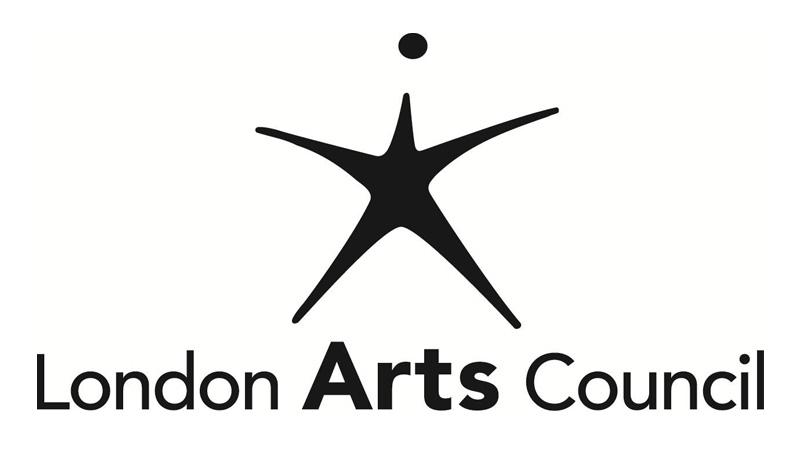Thanks also goes out to
Join us for Local Folk 6 and the official release party for Aaron Allen’s newest album “Judgement Day”. Special guests TBA.
Aaron Allen and The Small City Saints is the brainchild of singer/songwriter Aaron Allen. Debuting as a solo artist in mid-2000, Aaron created a buzz for himself amongst the country/folk and bluegrass scene in Southern Ontario with his first release (‘Self Titled’ 2006). In 2007 he released a record called ’Aaron Allen And The Small City Saints’, which was his first offering as a full band, followed by the critically acclaimed ’A Place Called Hell’ in 2009. He began touring as a solo artist, as well as with a band, and received national airplay, as well as appearing on shows such as JR Digg’s ‘Man With A Van’ (which he wrote the title track for). After touring extensively, he released another solo record called ‘IV’ in 2011, which was followed by the EP ‘Small City Saints’ in 2012. He really cut his teeth performing opening for such acts as Joel Plaskett, Thomas Rhett, Tim Hicks, The Sheepdogs, Dallas Smith, The Trews, Matt Mays, Tom Wilson, Aaron Pritchett, just to name a few. In 2013 Aaron took a break from music to start a family, which inspired a boost of creativity, and in 2015 he released another critically acclaimed full-length album ‘Better Days’.
The Small City Saints have seen numerous members over the years. The band currently consists of Juno award winner Dan Broadbeck, Tara Dunphy (of The Rizzdales), Glen ‘Archie’ Gamble (formerly of Helix/The Joys), Corey Cameron and Simon Larrochette.
OTHER EVENT SPONSORS
CHRW 94.9 Radio Western
London Music Office
331arts
Aistis Cepinskas is a multi-instrumentalist, singer and songwriter. His first album presents a reflective narrative – a sort of “in retrospect” commentary on intimacy and love – but on a past that is only about 3 minutes behind him. He dissects his behaviour and streamlines it into two themes; the reactionary lover (“beast”) and the reflective self (“man”). While drawing from very personal experiences, Aistis employs the common tropes of first love as a way to mirror his own ideals, while finding the comedy in exactly that.
Rent The Aeolian
The Aeolian is a beautiful, unique, award-winning location to host your event.
While particularly renowned for its acoustic/live music presentations, the Aeolian is a versatile facility and can also host conferences and fundraisers.
Give the Gift of Aeolian
Looking for a unique and fun gift for a special someone?
Look no further than a gift card for The Aeolian. This is a perfect gift for any lover of music and the arts.
























